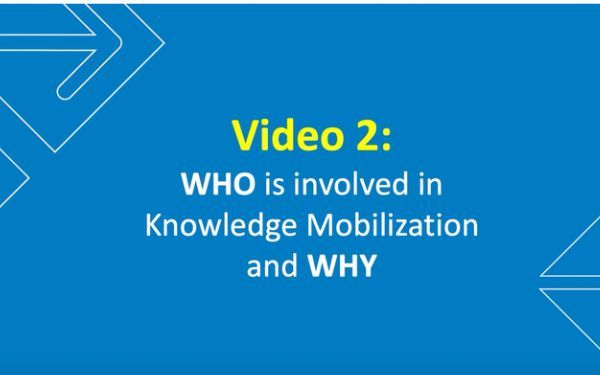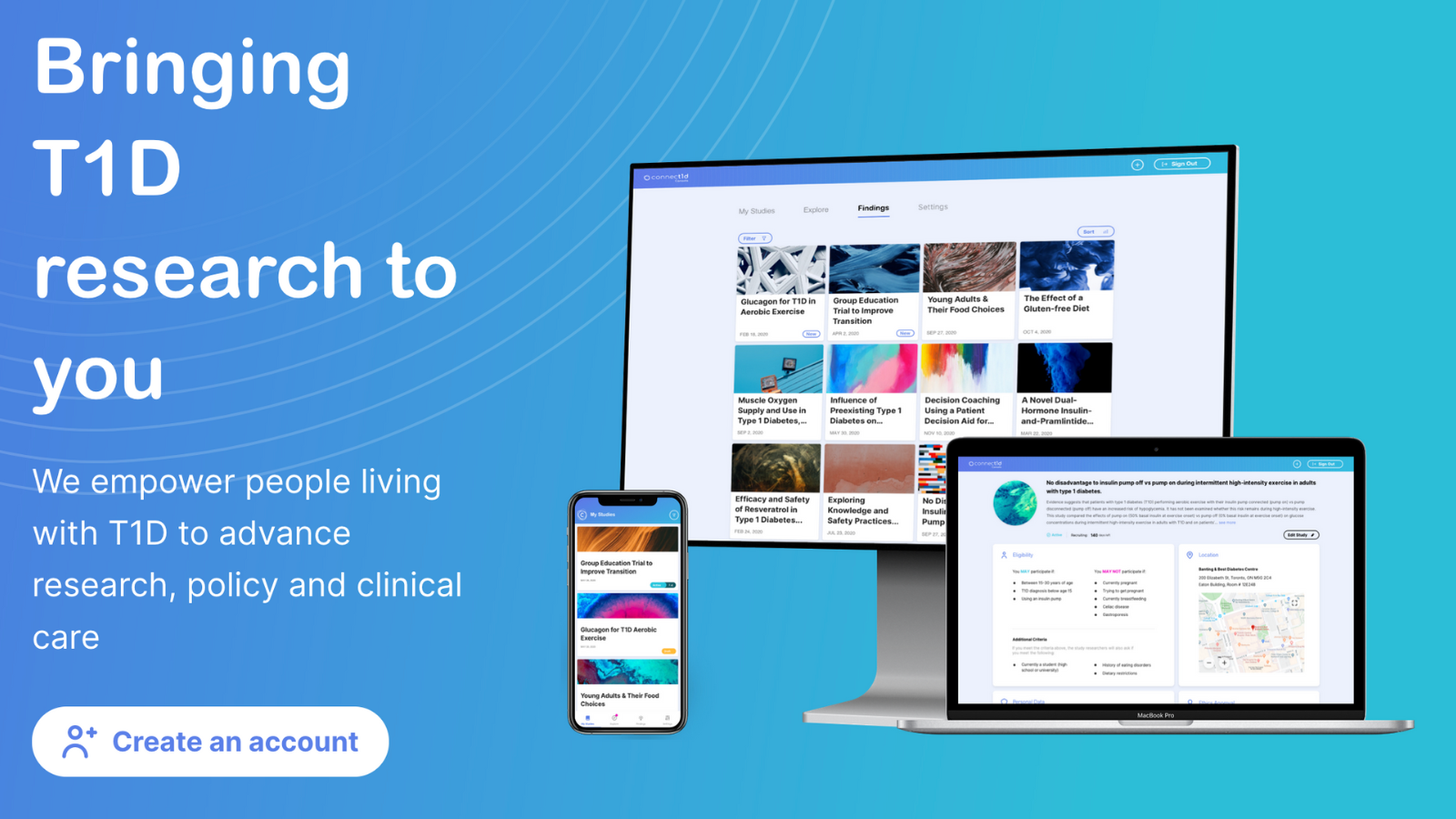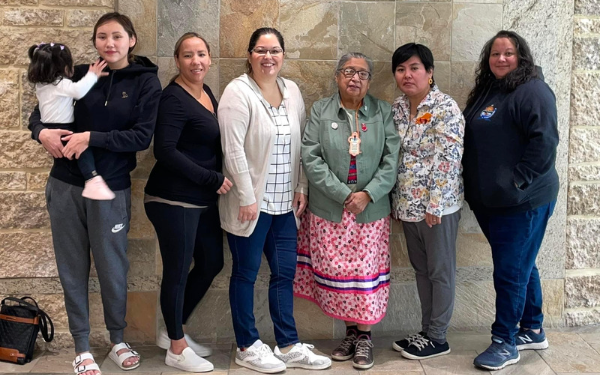We are pleased to celebrate the career of Dr. Maureen Markle-Reid, a Diabetes Action Canada investigator and a trailblazer in designing, implementing, evaluating, and scaling-up integrated and patient-oriented interventions to improve care and outcomes for older adults with multimorbidity (> 2 chronic conditions) including diabetes. She retired in January 2023 as a Professor in the School of Nursing at McMaster University after completing 30 years of service. Markle-Reid’s work has had an indelible impact in the field and she has trained a new generation of nurse-scientists who are dedicated to continuing this critical work.
Markle-Reid was named the very first Canada Research Chair (CRC) in the School of Nursing in 2013 and completed a second 5-year term of her Chair in 2022. She is one of only a handful of Nurses to hold a CRC. “It was truly and honor to hold a CRC, which provided me with a unique opportunity to focus primarily on my research and mentor the next generation of nurse scientists” she says. ‘After becoming a CRC, Dr. Jenny Ploeg and I were fortunate to secure funding from both CIHR and the Ontario Ministry of Health and Long-Term Care, and co-founded the Aging Community and Health Research Unit (ACHRU).”
The overall goal of her research has been to improve the quality of life of older adults with multimorbidity and to support their care partners . This work was something Markle-Reid had felt drawn to from early in her career. Before completing her PhD, she had spent 10 years in front-line nursing and managerial positions in both the hospital and the home and community care setting. This experience provided her with first-hand knowledge of the gaps in the healthcare system, laying foundation for her future research program. “I was really interested in how to fix some of these problems to enhance the quality of life, not only of the older adult patients, but also to improve the quality of work life for the nurses.”
Working with older adults was of particular interest to her, as she saw them often in her work but realized there weren’t a lot of people interested in gerontology in the same way she was. Working in hospitals, she thought about this fleetingly, but she says the lightbulb moment that would change her career happened after she transition from working in the hospital to working in home and community care. “I thought, wow, you can make such a difference to people’s lives. Seeing first-hand the care and support needs of older adults living with complex chronic conditions, and the role and value of nurses in meeting these needs was really eye-opening for me.”
She has led or co-led numerous pragmatic trials of nurse-led interventions for older adults and their care partners in real-world practice. These interventions co-designed with older adults, care partners, and policy makers to increase the relevance of the interventions, and enhance the likelihood that the interventions will be adopted into real-world practice.
A key focus of Markle-Reid’s career has been to integrate the findings from her studies into practice and policy. She has worked collaboratively with over 150 organizations, and clinicians, policy makers, patients, and caregivers to produce research that directly responds to the information needs of these groups. Her work has had international and national impact and resulted in evidence-based solutions that address the challenges of multimorbidity. Having collaborated with more than 100 agencies, she and her team at ACHRU have formed solid partnerships and developed studies based on the needs and issues these agencies identified as areas of concern. “We were able to co-design, test, evaluate and then scale up a variety of interventions. The exciting part for me is that many of the interventions we’ve tested over the years have already been integrated into practice, and influenced policy,” she says. “Often, when we test these interventions, we are changing practice as we study it.”
As part of Diabetes Action Canada, Markle-Reid and her team led the older adults research program, and DAC co-funded a CIHR-funded program of research focused on examining the implementation and effectiveness of a community-based self-management program for older adults with diabetes and multimorbidity, and assessing its scalability. A pragmatic randomized controlled trial in 2 sites each in Ontario and Alberta established the feasibility and preliminary effectiveness of the program. The goal of this CIHR-funded research program was to evaluate the intervention in more diverse settings in Ontario, PEI, and Quebec. In Scarborough, a suburb of Toronto. Diabetes centres have already started incorporating elements of these interventions into their work.
With DAC, Markle-Reid was also able to continue to nurture her passion for patient-oriented research (POR) and patient engagement, something she was already doing before it even had a name. “The meaningful engagement of patients as research partners has totally enriched all our studies and the work we’ve done. The lived experience people bring to the table helps to shape the research and ensure it addresses the needs and concerns of patients and caregivers,” she says.
A key goal of her research program has been to develop and mentor the next generation of leaders in the area of POR in aging. The ACHRU team has trained more than 40 undergraduate, graduate, and postdoctoral fellows who have gone on to secure prestigious awards, funding, postdoctoral fellows and faculty positions. One of her postdoctoral fellows, Dr. Rebecca Ganann, is now the Scientific Director at ACHRU and co-leading the Diabetes Action Canada older adults with diabetes research program. Markle-Reid hopes that more high-caliber trainees will consider a career in gerontology and aging research.
Though she has at least a few more months of work to do as she transitions her research program to new leadership and finishes several studies, Markle-Reid is excited about the move towards fully retired life. She is looking forward to traveling and spending more time with her grandchildren. She may even follow in her parents’ footsteps and take up painting. While she will be missed in her role as a Nurse Scientist and co-lead in ACHRU and the McMaster Collaborative for Health and Aging, , she has left a legacy that will continue to benefit older adults for decades to come.










